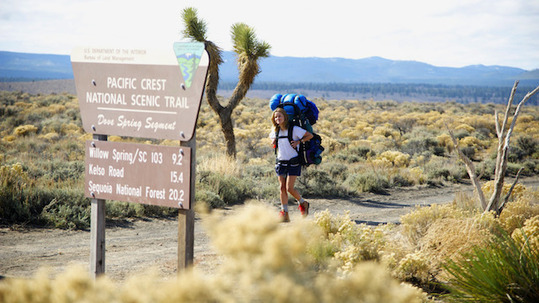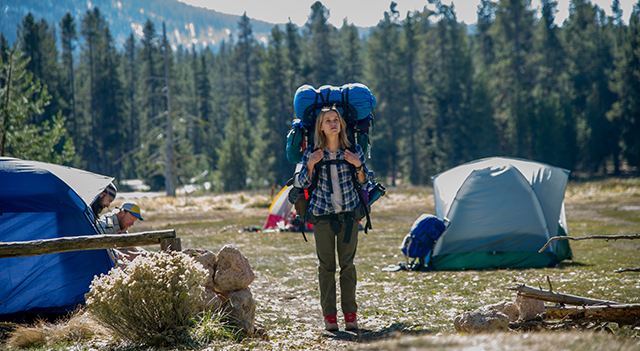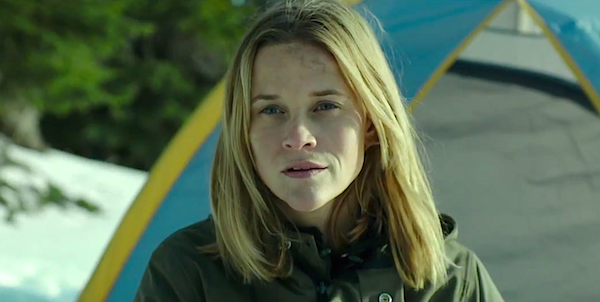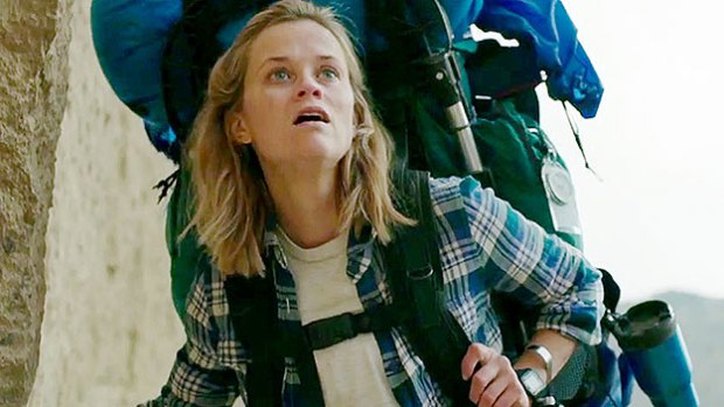 After the death of her mother and subsequent dissolution of her marriage, Cheryl Strayed has completely lost hope in life. Falling into destructive habits such as drugs and copious amounts of unprotected sex, Cheryl makes a rash decision in an effort to get better. With no outdoor experience whatsoever, Cheryl decides to hike the Pacific Coast Trail completely alone, hoping to find some semblance of peace to help jump start a rebirth. Jean-Marc Vallee's Wild is a well-crafted, effective character study about a woman desperately trying to reestablish hope and optimism in her life. The death of her mother is root cause of Cheryl's downward spiral, and Wild examines the idea of what happens when one loses the person responsible for thier emotional stability with Cheryl's mom being the one responsible for instilling her daughter with an unwavering sense of hope and optimism. Cheryl needs to find her own sense of happiness, with Wild being a journey of this process. The narrative uses heavy use of flashbacks to slowly explore the main protagonist, with editing and direction that give the film a mediatative, almost spiritual feel. The reason Wild works is it never falls too deep into sentimentality, focusing on the dehabilitating nature of grief in an honest way. Wild does suffer from some questionable gender politics, with many of the male characters being portrayed as sexual predators, but it's something that's hard to get too critical about, considering how common of a problem this is in reverse for most major motion pictures. With a dream-like atmosphere that effectively puts the viewer into the mind of its protagonist, Jean-Marc Vallee's Wild is a poigant evocation of grief and happiness.
0 Comments
Leave a Reply. |
AuthorLove of all things cinema brought me here. Archives
June 2023
|



 RSS Feed
RSS Feed
